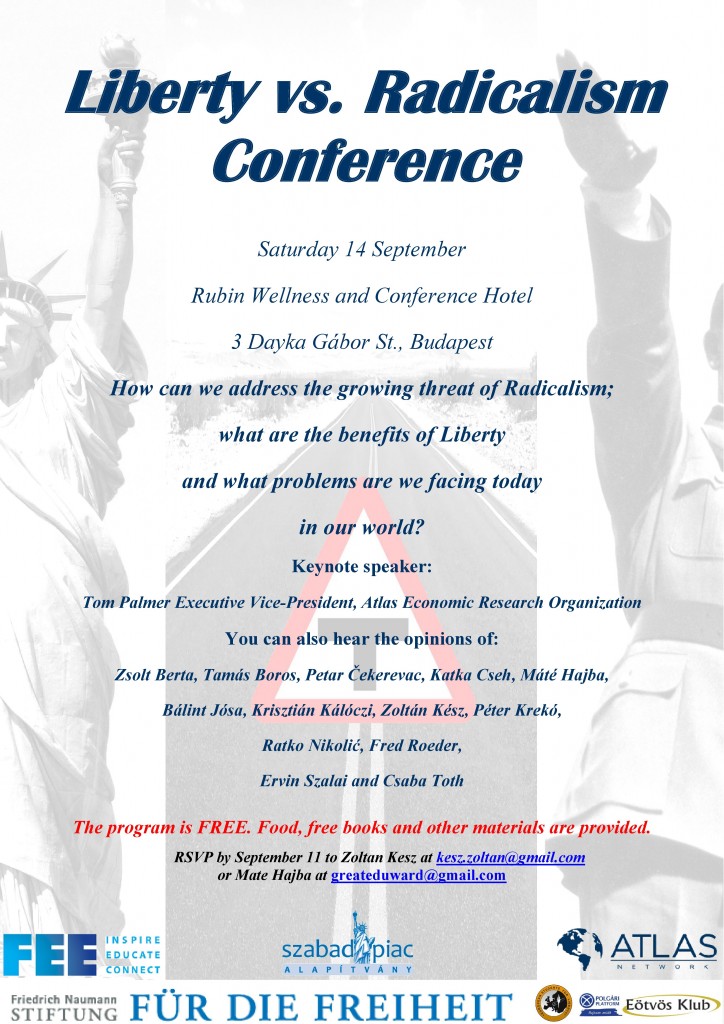Europe has recently seen a fearful rise in the popularity of radical ideologies. In Hungary the situation is direr than in many other countries in the region, and, unfortunately, it often manifests itself in the form of verbal abuse and even physical atrocities against minority groups such as the Roma people or the gay community.
The problem has many origins. There is a strong populist propaganda in the current political atmosphere, employed by most parties, but particularly by the governing party, Fidesz. This has led to an ideological confusion, with many promised measures mismatching the claimed profile of the party. Fidesz, an allegedly central right party, often implements more leftist regulations and laws than the socialist party would ever dream of. This shows how certain thoughts can be considered both left-wing and right-wing radical. In Hungary, the right-wing radicals often advocate economically socialistic measures.
In this atmosphere, that has left people uncertain as to what their parties preach, the radical elements found it easier to capitalize on the situation, and gained fearful popularity by standing by their values, however terrible they might be.
As in every poverty-stricken region, there is strong propaganda against immigrants and minorities, holding them responsible for the lack of jobs and money. The same goes for liberalism and free market economics. Many people feel exploited by capitalism, and claim that liberalism has failed, without even knowing what the free market or liberalism is. This is what they are told by their politicians.
Some Hungarian right-wing parties tend to mistrust the EU more and more, even though most of the projects in the country were funded by Brussels. Whereas UK Eurosceptics advocate decentralization, in Hungary those who would rather succeed from the EU are mostly Hungarian supremacists, believing in a strong national government.
Although currently Hungary is a hostile environment for promoting liberalism, there are examples of NGO-s and student groups who have to face atrocities, but they still manage to expand, which proves that liberals must argue not only with passion, but always with reason. It is obvious how education and dialogue is crucial in fighting radicalism.
The conference was coorganised in cooperation with Friedrich Naumann Foundation.



